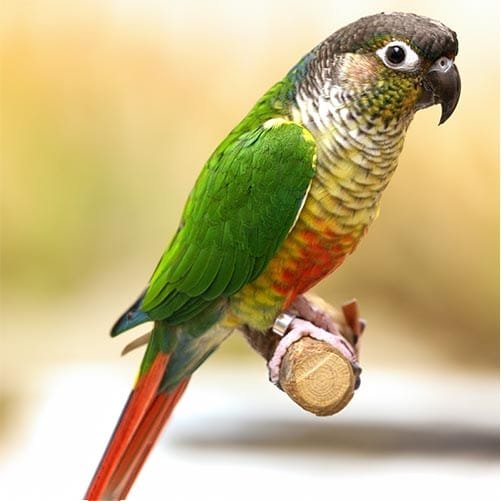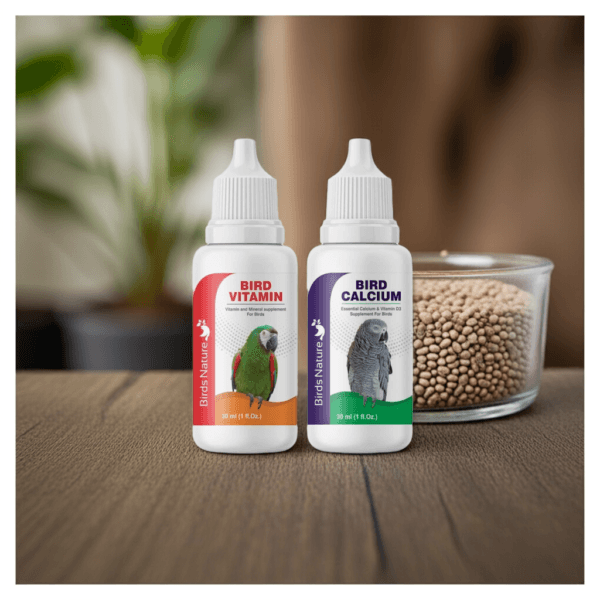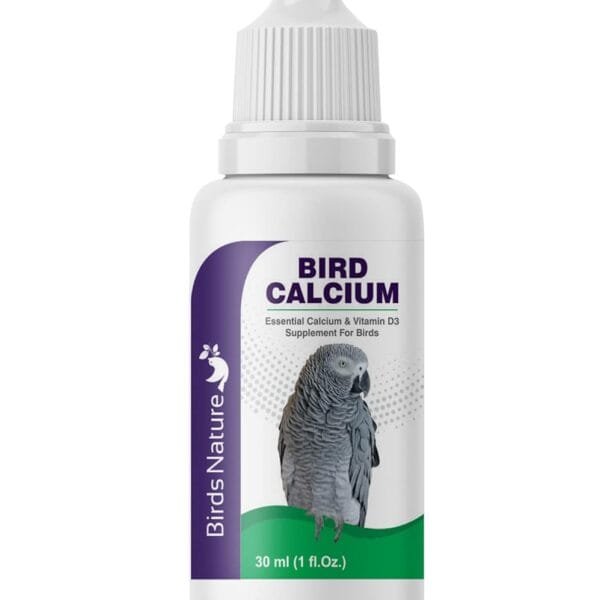Conures
About Conures:
These vibrant, medium-sized parrots from Central and South America are beloved for their clownish personalities and strong bonding tendencies. Ranging from the petite Green-Cheeked Conure (10 inches) to the larger Sun Conure (12 inches), these intelligent birds pack big personalities into colorful packages. While known for their loud contact calls (especially at dawn/dusk), conures compensate with affectionate cuddling behavior and impressive trick-learning abilities. Their social nature means they thrive on interaction, often forming deep attachments to their human “flock.”
| ESSENTIAL FACTS | |
|---|---|
| Scientific Name | Aratinga, Pyrrhura, and other genera |
| Size/Weight | 10-12 inches | 60-120g (species dependent) |
| Lifespan | 15-30 years (smaller species live longer) |
| Native Range | Central & South America |
| IDENTIFICATION | |
| Popular Species | • Green-Cheeked (Pyrrhura molinae) • Sun Conure (Aratinga solstitialis) • Jenday (Aratinga jandaya) • Nanday (Aratinga nenday) |
| Color Features | • Bright plumage (yellows, greens, oranges) • White eye rings (Pyrrhura species) • Long, tapered tails |
| Sex Differences | Minimal visual differences; DNA sexing required |
| DIET | |
| Base Diet | 60% pellets, 25% vegetables, 15% fruits/nuts |
| Favorite Foods | • Bell peppers • Sweet potatoes • Mango • Almonds (sparingly) |
| Avoid | Avocado, chocolate, caffeine, salty foods |
| HOUSING | |
| Cage Size | Minimum 24″W × 24″D × 30″H (bar spacing: 3/4″) |
| Must-Haves | • Multiple perches (varying diameters) • Sleeping hut or tent • Foraging opportunities |
| Toys | • Wood blocks for chewing • Noise-making toys (bells) • Puzzle feeders |
| BEHAVIOR | |
| Personality | • Playful and mischievous • Affectionate (enjoy cuddling) • Can be territorial |
| Vocalizations | • Loud contact calls • Good mimics (words, sounds) • “Purring” when content |
| Social Needs | 3-4 hours interaction daily (prone to plucking if lonely) |
Did You Know?
Conures perform a unique “happy dance” when excited, bobbing their heads and spreading their wings. Some species like Green-Cheeked Conures are known for their “conure burrito” habit of tunneling into clothing!
Care Tip:
Provide plenty of chewable wood – conures have strong beaks and need to gnaw to prevent overgrowth. Rotate toys weekly to prevent boredom.

Showing all 3 results
Showing all 3 results
Conure Care Schedule
These energetic, social parrots require consistent routines and plenty of interaction. Their high intelligence and strong chewing instincts mean they need constant mental stimulation. Follow this schedule to keep your conure healthy, engaged, and well-behaved.
| DAILY CARE ESSENTIALS | ||
|---|---|---|
| Morning Routine | • Fresh water (change 2-3x daily in heavy bowls) • Breakfast: 1 tbsp pellets + chopped veggies • 15-minute training session (best after morning call) | ⏱️ 30 min |
| Evening Routine | • Foraging dinner (hide food in toys) • 2-3 hours out-of-cage playtime • “Cuddle time” before bed (reduces night frights) | ⏱️ 3+ hours |
| WEEKLY CARE TASKS | ||
| Cage Maintenance | • Full substrate change (use plain paper) • Scrub perches with vinegar solution • Disinfect all food/water dishes | ⏱️ 45 min |
| Enrichment Update | • Rotate 4-5 destructible toys • Create new foraging puzzles • Rearrange cage layout | ⏱️ 30 min |
| MONTHLY CARE CHECKLIST | ||
| Health Check | • Weigh bird (healthy range: 60-120g) • Inspect beak/nails (trim if needed) • Check feathers for stress bars | ⏱️ 20 min |
| Environment Refresh | • Replace all chewable items • Deep clean play gyms/stands • Check UV bulb (if using) | ⏱️ 1.5 hours |
Conure-Specific Care Tips:
- Daily: Provide a “destruction station” with cardboard boxes – satisfies chewing urges while protecting furniture.
- Weekly: Offer a shallow bathing dish 3-4x weekly – most conures love to splash around.
- Monthly: Check wing feathers – clip only if necessary (many conures become better behaved when flighted).
Why This Routine Works:
Conures are highly social and intelligent birds that easily develop behavioral issues without proper stimulation. This schedule balances their need for interaction (3+ hours daily) with essential care. The weekly toy rotation prevents destructive chewing of household items, while monthly weight checks help detect health issues early. Evening cuddle sessions help prevent night frights – a common issue in these sensitive birds.
Warning Signs:
⚠️ Contact an avian vet if: Your conure stops playing with toys, shows reduced vocalization, or develops bald spots (signs of stress or illness).








